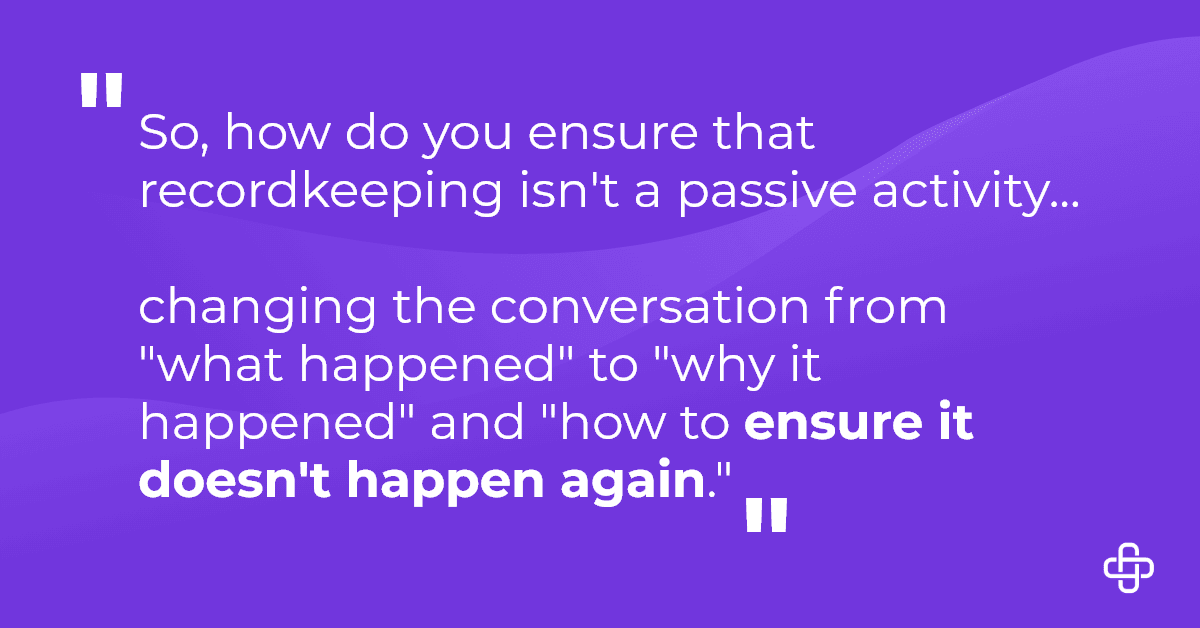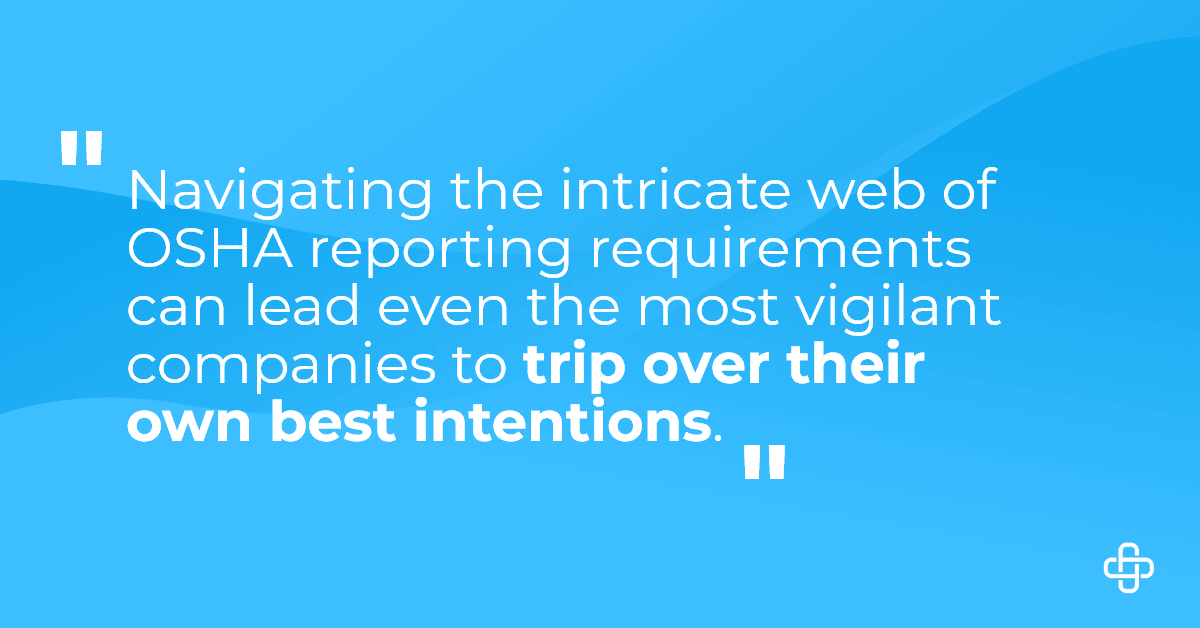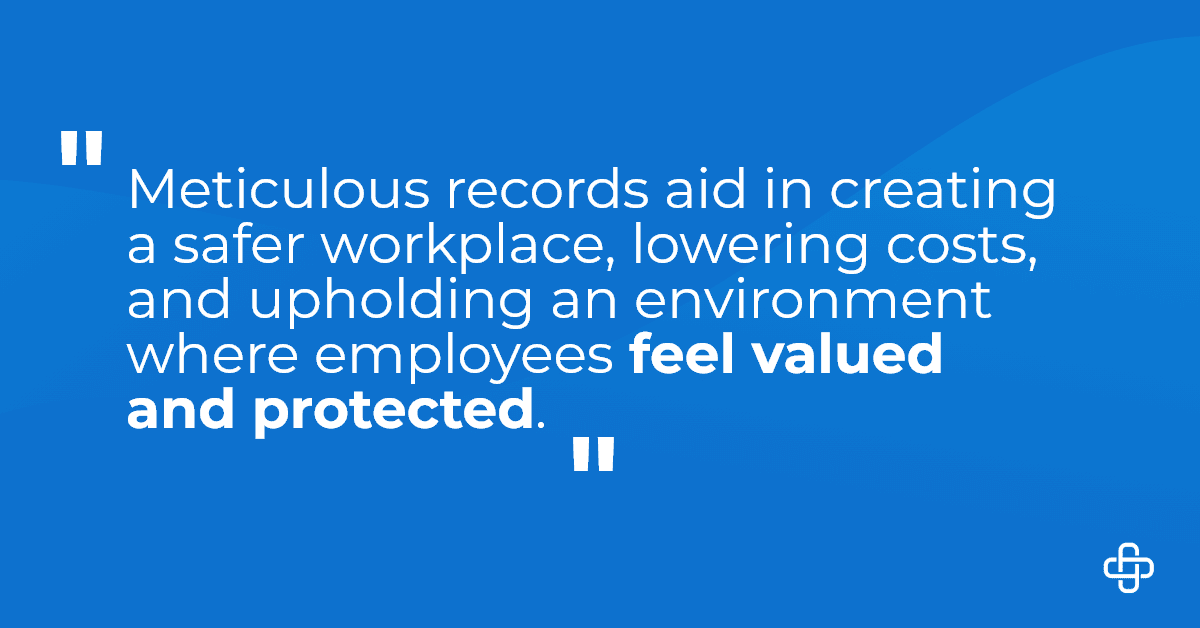Postpartum depression (PPD) during pregnancy or following childbirth affects between 10 to 25% of adult women today. As a result, these women suffer from feelings of anxiety, apathy, and extreme sadness, and PPD can lead to changes in sleeping habits, energy levels, and appetite. How can managers support employees dealing with post-partum depression? Let’s find out!

Post-Partum Depression:
PPD is recognized as a serious condition because it can be physically and emotionally debilitating and has the potential to last for many months.
If left unrecognized, it affects the mother’s health and quality of life and the baby’s well-being. The longer PPD goes on, the more it can affect the child, potentially leading to cognitive, emotional, development, and speech limitations and underdeveloped social skills.
PPD symptoms can also affect a mother’s overall work performance. These symptoms include:
- concentration difficulties
- lethargy
- increases in anxiety
- feelings of worthlessness
- suicidal ideation
FMLA and ADA Reasonable Accommodation:
Under FMLA, an employer is required to provide employees with job-protected, unpaid leave as a reasonable accommodation unless, however, it can be shown that the provision of unpaid leave would cause undue hardship.
This leave to care for a serious health condition may include PPD. The Americans with Disabilities Act (ADA) defines PPD as a qualifying disability if it substantially limits a significant life activity, such as concentrating, working, eating, or sleeping.
How Can Managers Support Employees Dealing with Post-Partum Depression?
PPD is often linked to specific job characteristics such as job insecurity, less scheduling flexibility, and a perceived loss of control over work or family life. A good manager can help by recognizing PDD signs and supporting employees in the following ways.
- Create a gradual return plan, such as starting out part-time or telecommuting.
- Schedule regular follow-ups to discuss workload and scheduling.
- Offer support resources, such as an employee-focused or workplace-focused behavioral app.
- Allow for a flexible work environment, including:
- flexible scheduling,
- a modified break schedule,
- ability to work from home as needed,
- leave for treatment
- Initiate work-based support groups for new mothers, where they can share emotions and coping strategies.
- Encourage the employee to seek professional counseling if needed.
In addition, working moms can manage their PPD in the following ways:
- seek support from family and friends
- ask for help from trusted individuals
- join a support group
- practice self-care by focusing on exercise and good nutrition
- rest whenever possible
- make time for social activities with friends

With a career focused on digital marketing, Chitra is a specialized SEO-Content marketer. After moving from biotechnology to business operations and marketing, Chitra started her digital marketing career as a freelance content developer and technical writer. With Axiom, as a content marketing & SEO specialist, she is passionate about creating informative marketing copies for optimum search engine performance.
Find out more about our Tempo Live Behavioral Health and Injury Case Management services.












